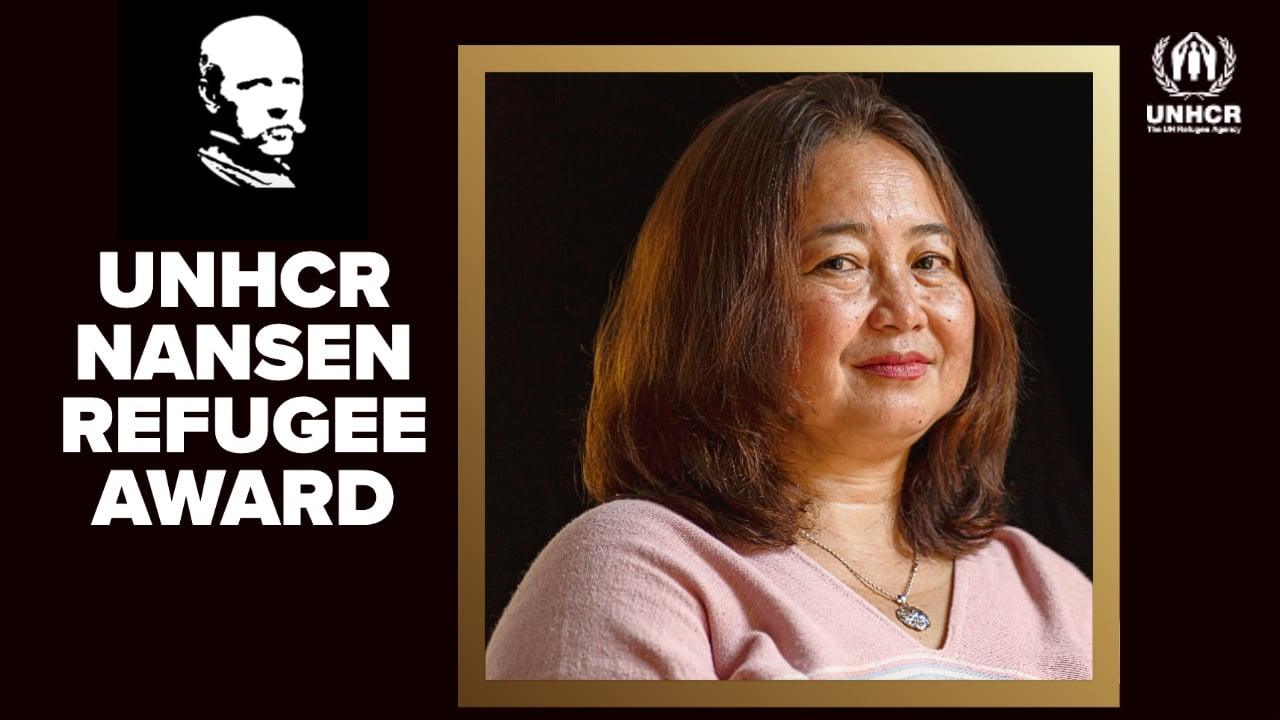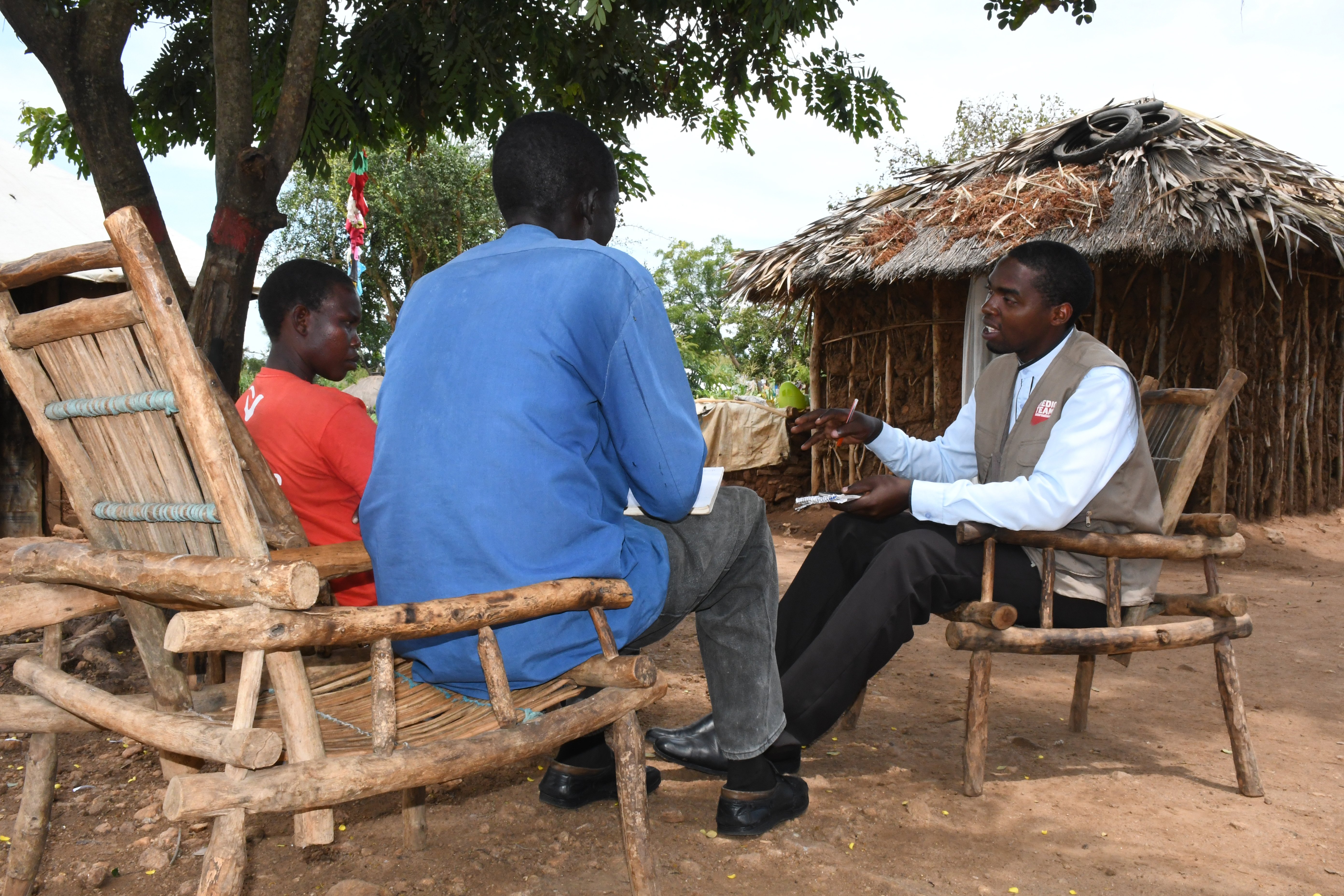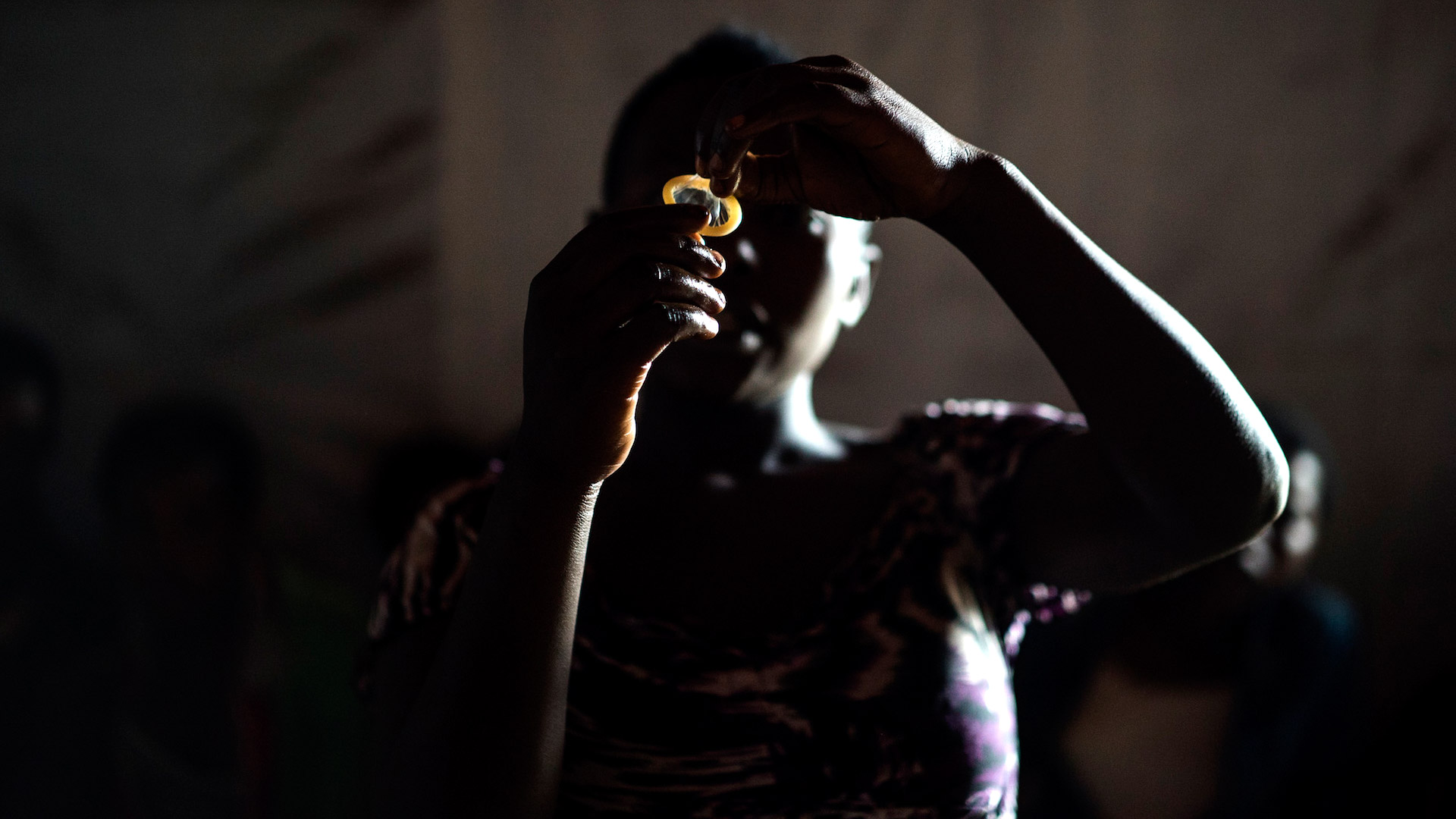HIV/AIDS and refugees
HIV/AIDS and refugees
It is estimated that more than 36 million people around the world today are living with HIV/AIDS. Some 25 million of them, or more than 65 percent, are in sub-Saharan Africa, which is also home to 30 percent of the world's refugee population. Refugees - already rendered vulnerable by the trauma of conflict and displacement - have not been spared the frightening scourge of AIDS, and their communities often reflect general trends in their home countries.
Conflicts, instability and deprivation erode refugees' traditional coping mechanisms, offering ground for the spread of HIV/AIDS. As non-nationals, refugees are often not covered by national AIDS control programmes. Current research shows that adolescent refugee girls and refugee women are more at risk than men. This is due to their disadvantaged socio-economic status, their increased exposure to violence, and the fact that sex is the "currency" with which they are expected to "pay" for things ranging from passing school exams to crossing a border. Last month, for example, a 19-year-old Sierra Leonean woman told a side meeting of UNHCR's Standing Committee how she was gang-raped by rebels in Sierra Leone in "exchange" for her family's safe passage to neighbouring Guinea. A study carried out early this year to determine the level of knowledge about and attitudes towards reproductive health among refugees aged between 10 - 24 years in Guateng Province in South Africa found that 17 percent of female respondents had been raped. There was general awareness among all respondents - nearly 400 - about HIV/AIDS, but specific knowledge about transmission routes and preventive strategies was low.
UNHCR recognises that many countries, particularly in the developing world, do not have adequate resources for their own nationals and are, therefore, unable to effectively include refugees in their HIV/AIDS control programmes. Although much more needs to be done, UNHCR makes every effort to provide basic health assistance for refugees. In refugee camps, those documented not only receive immediate medical attention, but after their condition has stabilised they are educated on prevention. Refugees are also encouraged to organize their own communities and support groups.









